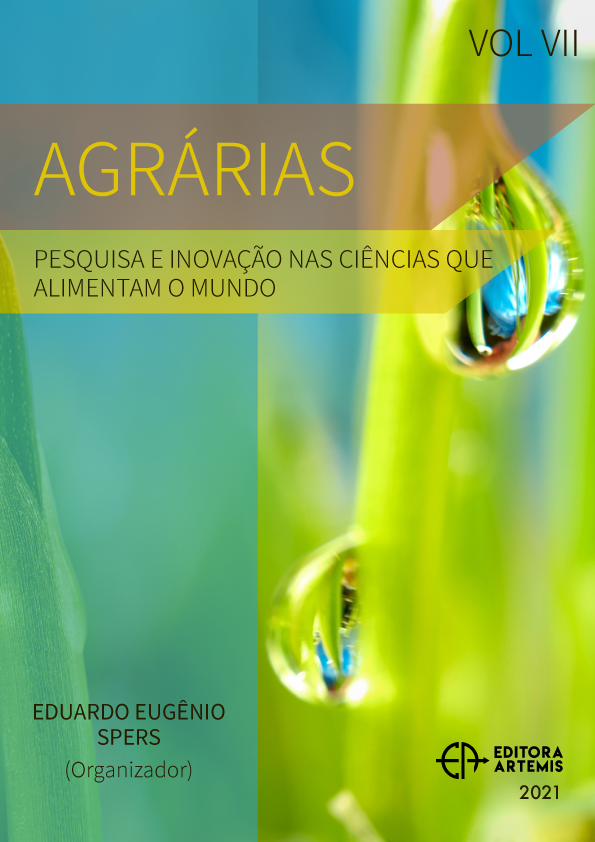
ACUMULACIÓN, CONCENTRACIÓN Y DESPOJO DEL AGUA SISTEMA DE RIEGO SAN JOSÉ, URCUQUÍ – ECUADOR
Históricamente en el cantón Urcuquí de la provincia de Imbabura, ha existido conflictos por la posesión del agua; cuya problemática está relacionada con la deleznable organización existente, la inexistencia de espacios amplios de diálogo con hacendados, agroempresarios, juntas campesinas de riego y usuarios del agua para consumo humano; donde las normativas de uso aprovechamiento de los recursos hídricos han sido aplicadas con criterios que no representan el conjunto de las manifestaciones culturales, prácticas, usos y costumbres sobre el uso del agua con fines (re)productivos, aspectos que fortalecen la organización de los actores sociales. Así mismo, es pertinente analizar nuevos horizontes de despojo, acumulación y concentración de los derechos del agua en el territorio en desmedro de la gran mayoría campesina, el trabajo realizado mediante procesos de participación acción; también promovió nuevos mecanismos de gestión de reparto del agua y mejoramiento de la infraestructura de la distribución hídrica con criterios de equitativa y respeto por los usuarios a los derechos de aprovechamiento en concordancia con la ley de aguas, concluyendo en la aceptación de normas de justicia y equidad en el dominio de su patrimonio natural y social, integrando el respeto de costumbres, prácticas y saberes ancestrales transmitidos a las descendencias como acto cultural de la aceptación de los acuerdos y lo legítimo, la motivación social de los usuarios del agua permitió constituir legalmente un directorio central de aguas como espacio de diálogo y construcción de acuerdos.
ACUMULACIÓN, CONCENTRACIÓN Y DESPOJO DEL AGUA SISTEMA DE RIEGO SAN JOSÉ, URCUQUÍ – ECUADOR
-
DOI: 10.37572/EdArt_18122151411
-
Palavras-chave: Despojo, derechos, agua, gestión social
-
Keywords: Dispossession, rights, water, Social management
-
Abstract:
Historically, in the Urcuquí canton of the Imbabura province, there have been conflicts over the possession of water; whose problems are related to the despicable existing organization, the lack of ample spaces for dialogue with landowners, agribusinesses, rural irrigation boards and users of water for human consumption; where the regulations for the use of water resources have been applied with criteria that do not represent the set of cultural manifestations, practices, uses and customs regarding the use of water for (re) productive purposes, aspects that strengthen the organization of the actors social. Likewise, it is pertinent to analyze new horizons of dispossession, accumulation and concentration of water rights in the territory to the detriment of the great majority of farmers, the work carried out through processes of participation and action; It also promoted new mechanisms for the management of water distribution and improvement of the infrastructure of water distribution with criteria of equitable and respect by users for the rights of use in accordance with the water law, concluding in the acceptance of standards of justice and equity in the domain of its natural and social heritage, integrating the respect of customs, practices and ancestral knowledge transmitted to the descendants as a cultural act of acceptance of the agreements and the legitimate, the social motivation of the water users allowed to legally constitute a central water directory as a space for dialogue and construction of agreements.
-
Número de páginas: 15
- JORGE ARMANDO FLORES RUIZ
- Hugo Orlando Paredes Rodríguez
- Fabio Elton Cruz Góngora
- José Gabriel Carvajal Benavides
- Raúl Clemente Cevallos Calapi
- Rocío Guadalupe León Carlosama

